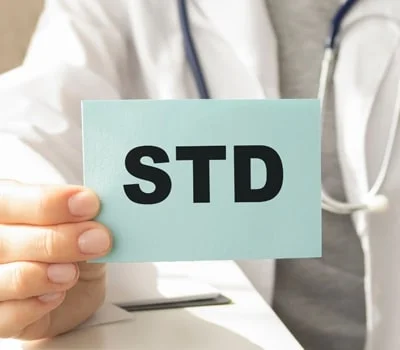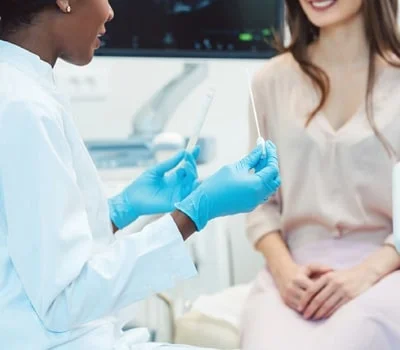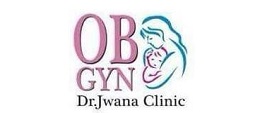All Departments
- PCOS Treatment
- STD Treatment
- Infertility Treatment
- Fibroid Treatment
- Endometriosis Treatment
- Ovarian Cyst Treatment
- Sexual Dysfunction
- Menopause Specialist
- Irregular Menstrual
- Laparoscopic Gynecologists
- Hysterectomy
- Urogynecologist
- Contraception
- Colposcopy
- AMH Testing
- O Shot
- G shot Treatment
- Vaginoplasty
- labiaplasty
- Clitoral Hoodectomy
- Vaginal Bleaching
- High-Risk Pregnancy
- Pregnancy Care
- Maternal Fetal Medicine
- Cesarean Delivery
- Painless Normal Delivery

STD Treatment
What is STD?
STD or sexually transmitted diseases are infections caused by viruses, bacteria, or parasites transmitted during sexual encounters. Also known as sexually transmitted infections (STI), they are mainly caused due to contaminated secretions from the genital organs or direct contact between the surface of the skin and the mucous membrane of the genital organs.
Symptoms of STD
Prominent symptoms of STD seen in men are
Painful urination
Testicular pain in men
Discharge from the penis.
Prominent symptoms of STD seen in women are
Lower abdominal pain
Vaginal discharge
Pain during intercourse
Bleeding between periods.
Diagnosis of STD
For STD tests, it’s best to consult an expert. First, the doctor diagnoses based on sexual history, current signs, and symptoms, followed by a physical or pelvic exam to analyze the signs of infection, such as a blister, wart, rash, or discharge.
If there is an indication of a sexually transmitted disease (STD) or a sexually transmitted infection (STI), doctors may suggest laboratory tests to identify the type of infection. The following tests are done:
Blood Test – It is done to diagnose HIV or later stages of syphilis.
Urine test – It checks for some STIs like Trichomoniasis.
Fluid samples – For genital ulcers or blisters, a fluid examination may be required.

Treatment of STDs
If you are facing any of the symptoms mentioned above or related concerns, it’s best to consult your doctor immediately for STD. Be open about your issues to find treatment. It’s better to consult quicker than to face the serious impact of delayed treatment.
A doctor will specify the diagnosis and treatment while suggesting ways to manage the disease. Most STIs can be treated successfully if not cured. The most important thing to remember is “prevention” and regular screening for timely treatment.
Treatment can be medicines, following hygienic practices, and maybe some vaccinations. For example-
- Antibiotics will cure most infections from bacteria or parasites.
- Viral STD infections are not curable by medicines but can be effectively managed through vaccines.
- HIV infections are managed through antiviral and antiretroviral drugs, improving quality of life.
